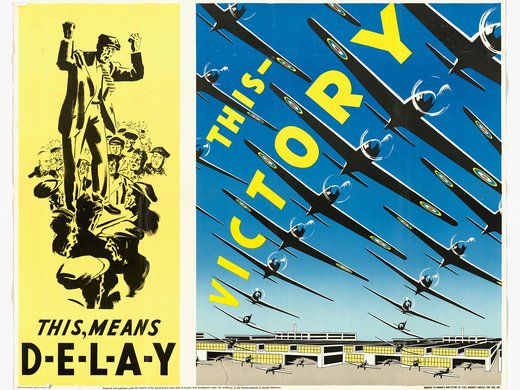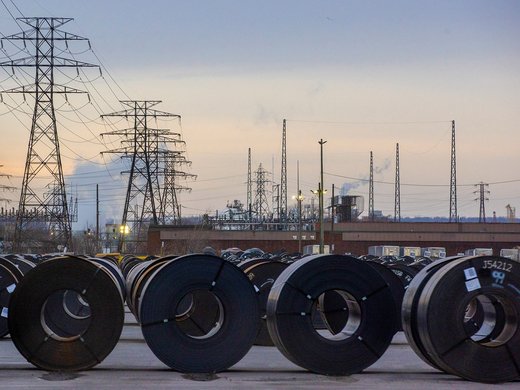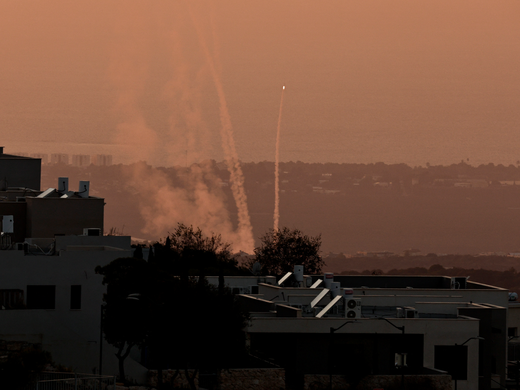Increasingly, refugees residing in refugee camps are living in protracted situations for which there are no quick remedies. Existing attempts to address protracted situations for refugees engage with the concept and practices of the Self-reliance Strategy (SRS). This paper focuses on the SRS in Uganda’s Nakivale Refugee Settlement. It draws attention to its disconnection from the social and economic relations within which refugees live in settlements, and the strategy’s inability to provide refugees with sufficient access to social support and protection. In this context, the analysis highlights the failures of the SRS in terms both of shaping the conditions under which refugees experience restricted movement, social divisions and inadequate protection, and of placing greater responsibility on refugees for meeting their own needs with little or no humanitarian and state support. It also reveals how humanitarian and state actors, and their forms of assistance, manage the lives of refugees and are implicated in the creation of new challenges for refugees in Nakivale. In light of these issues, the paper emphasizes the gaps in the SRS orientation and calls for alternative approaches to humanitarian and refugee management that enable and support refugees to self-settle, access legal and social support, and participate in and contribute to their social and economic environment in meaningful and sustainable ways.


